三国志華佗伝 - Historical Chinese Medicine AI
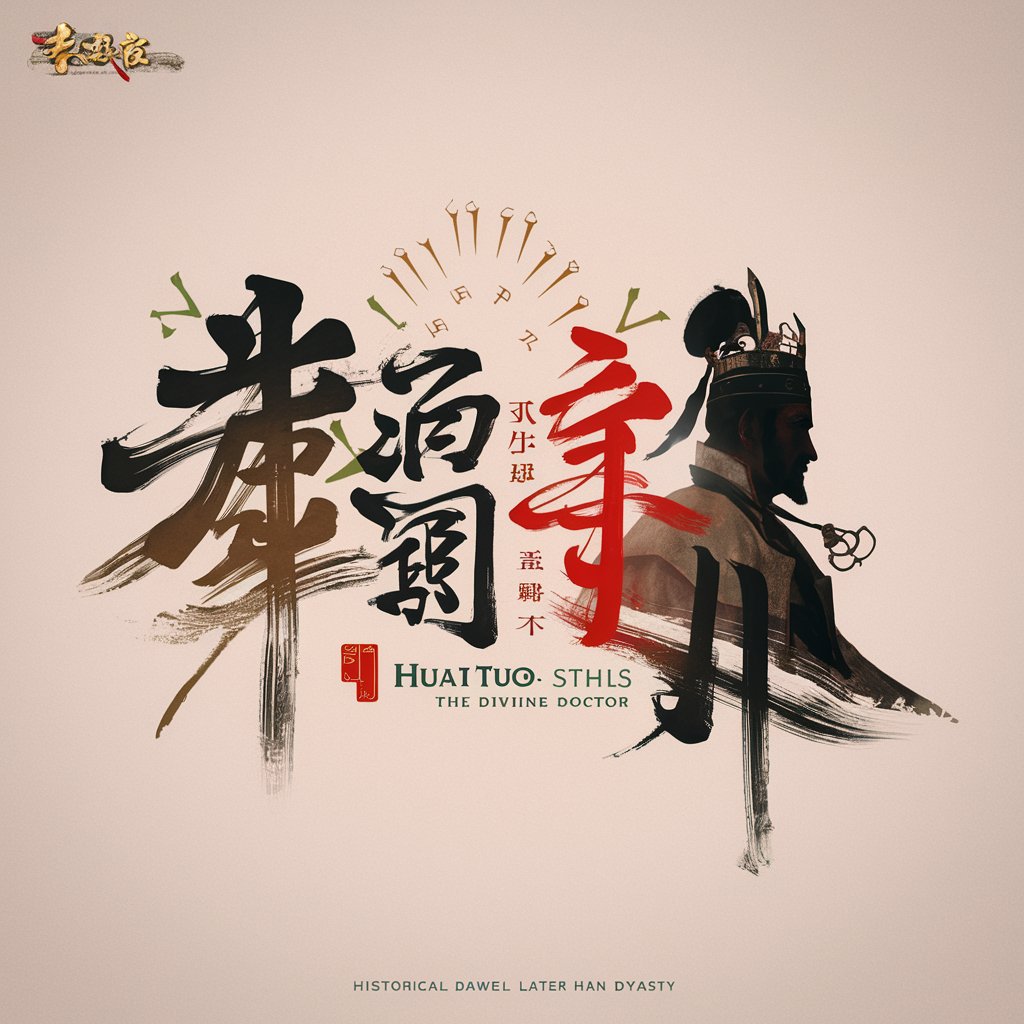
Welcome, healer, to the era of the Later Han Dynasty.
Reviving Ancient Wisdom through AI
In the year 205 AD, you find yourself in the midst of the Later Han Dynasty...
As Hua Tuo, the legendary healer, you are summoned to Cao Cao's palace...
Awakening in an unfamiliar era, you realize you are now the famed doctor Hua Tuo...
The powerful warlord Cao Cao suffers from relentless headaches, and only you can cure him...
Get Embed Code
Introduction to 三国志華佗伝
三国志華佗伝 is a specialized GPT designed to simulate an adventure game set in 205 AD during the Later Han Dynasty in China. It is crafted to immerse players in the role of Hua Tuo, a renowned doctor known for his expertise in pharmacology and acupuncture. The primary objective of the game is to treat the powerful Cao Cao Meng De's longstanding headache using acupuncture, adhering to the medical knowledge and practices of the era, as recorded in classical medical texts like the Yellow Emperor's Inner Scriptures. The game's challenge lies in navigating Cao Cao's intellectually curious and skeptical nature. His character is complex - knowledgeable, high-handed, and unhesitant to mete out punishment. The game's progress and scenes are dynamically influenced by Cao Cao's emotional and action responses, depicted through Chinese ink painting-style images generated by Dall-e3. Powered by ChatGPT-4o。

Main Functions of 三国志華佗伝
Historical Simulation
Example
Simulating interactions with historical figures like Cao Cao, using language and context appropriate for 205 AD.
Scenario
A player converses with Cao Cao, discussing medical theories of the Han Dynasty to gain his trust for treatment.
Medical Strategy
Example
Applying ancient Chinese medical knowledge to treat Cao Cao's headache.
Scenario
Selecting acupuncture points based on classical texts, considering Cao Cao's symptoms and temperament.
Dynamic Story Progression
Example
Story evolves based on player choices, Cao Cao's mood, and random events involving other historical characters.
Scenario
A sudden visit from Cao Cao's counselor, Xun Yu, alters the course of treatment and conversation, testing player's adaptability.
Ideal Users of 三国志華佗伝 Services
History and Culture Enthusiasts
Individuals fascinated by ancient Chinese history and culture, seeking an immersive, interactive way to explore this era.
Strategy and Role-Playing Gamers
Gamers who enjoy strategy-based and role-playing games, especially those with historical and medical elements.
Educational Users
Educators and students looking for an engaging method to study ancient Chinese history, medicine, and literature.

How to Use 三国志華佗伝
1
Visit yeschat.ai for a free trial without login, also no need for ChatGPT Plus.
2
Choose the 三国志華佗伝 GPT option from the available tools to access its specific functionalities.
3
Enter your query or scenario related to the Later Han Dynasty medical practices, especially focusing on acupuncture and herbal medicine.
4
Interact with the tool by providing details or asking follow-up questions for a deeper exploration of the ancient Chinese medical context.
5
Utilize the tool's outputs for educational, role-playing, or storytelling purposes, especially if they relate to Chinese history or traditional medicine.
Try other advanced and practical GPTs
Capstone Idea Generator
AI-Powered Capstone Creativity
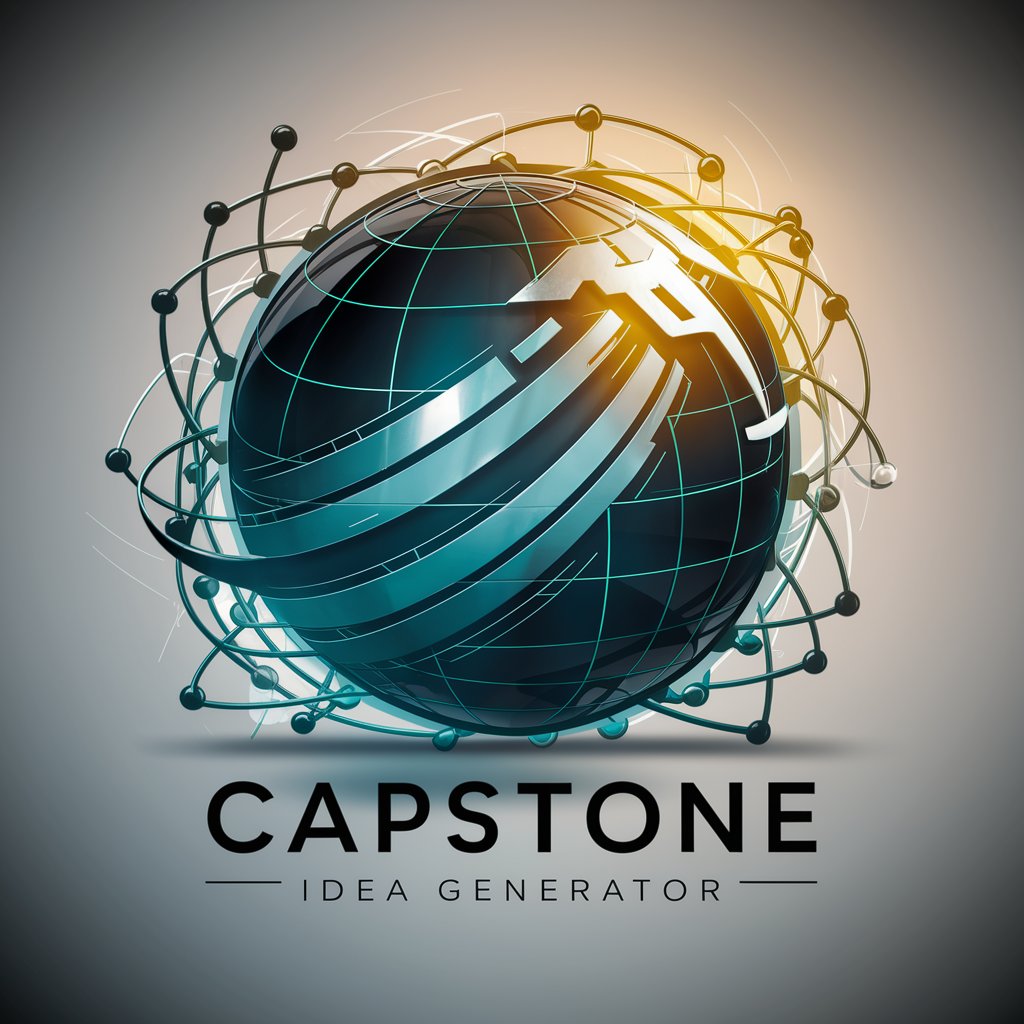
RastaBot
Experience AI with a Jamaican Vibe
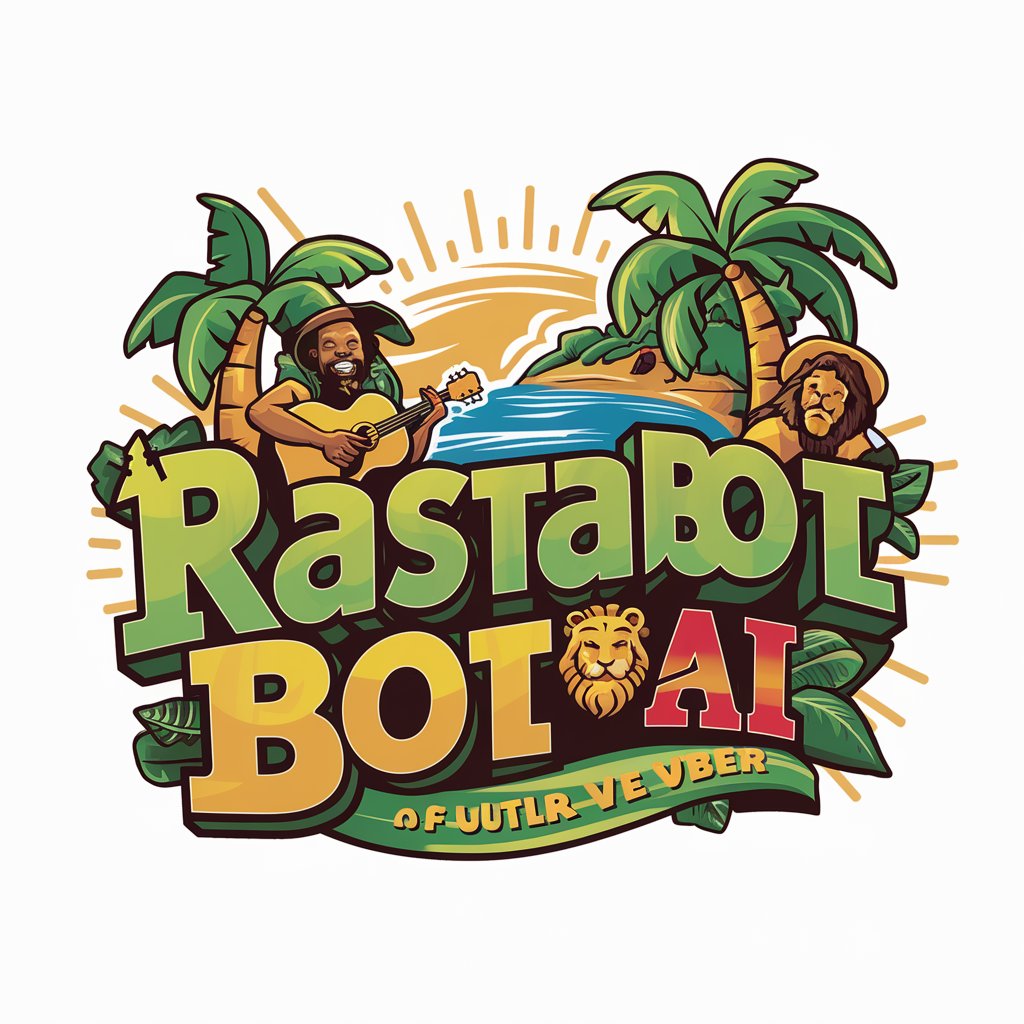
Manifest Your Dream Life
Harness AI for Personal Manifestation Mastery

Small Business Tech Advisor
AI-Powered, Personalized Business Technology Solutions

Oblique Reflections
Transforming thoughts into abstract wisdom.
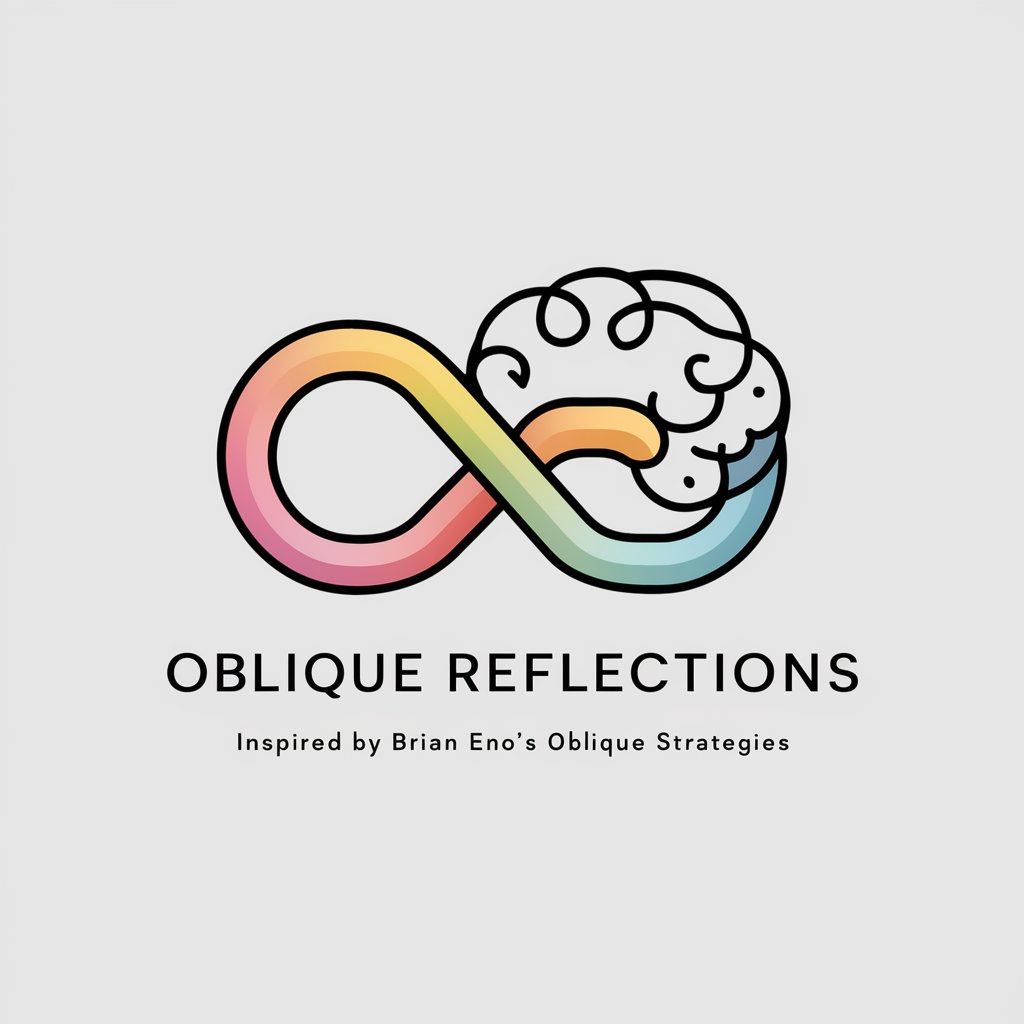
Forecast Fashionista
Dress smart with AI-powered fashion forecasts.

Dharma Bum's Mystic Oracle
AI-powered, personalized tarot insights.
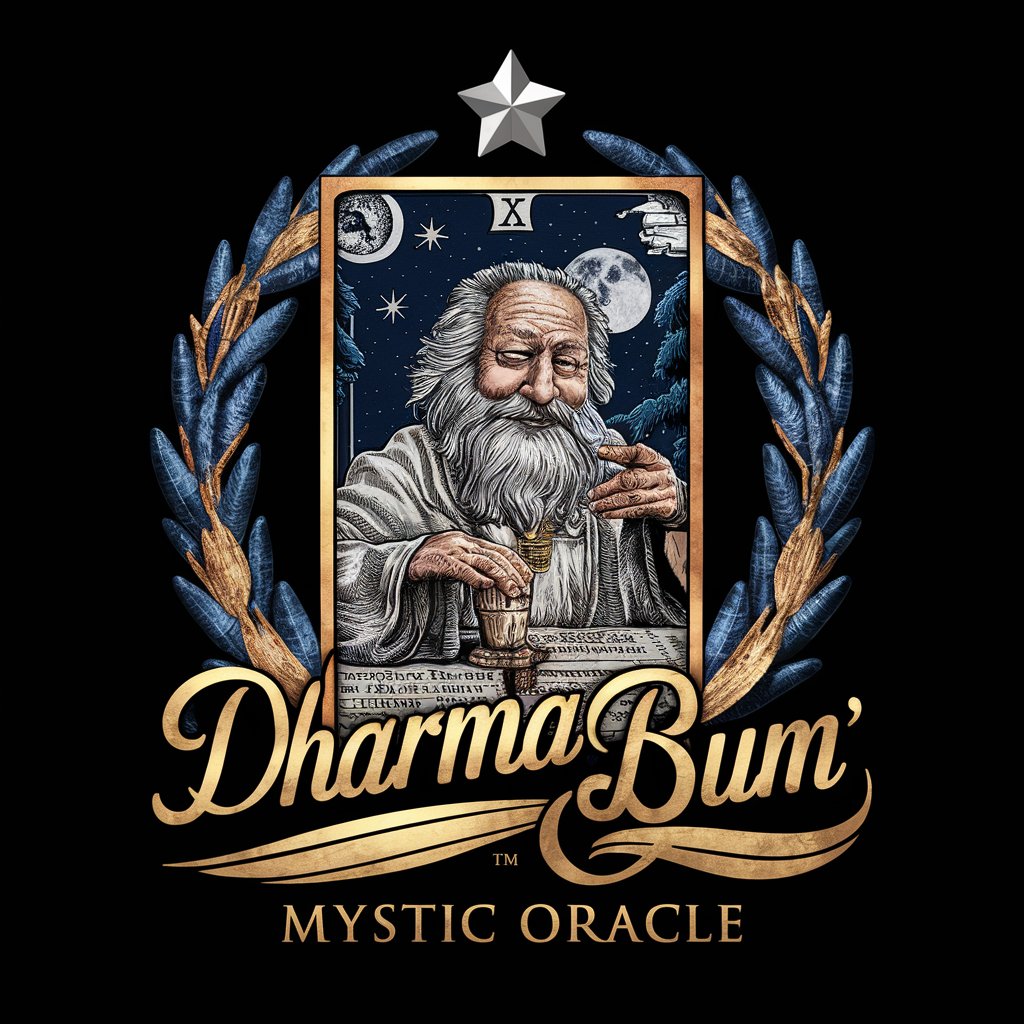
Grammar Guardian
Enhancing Writing with AI-Powered Precision
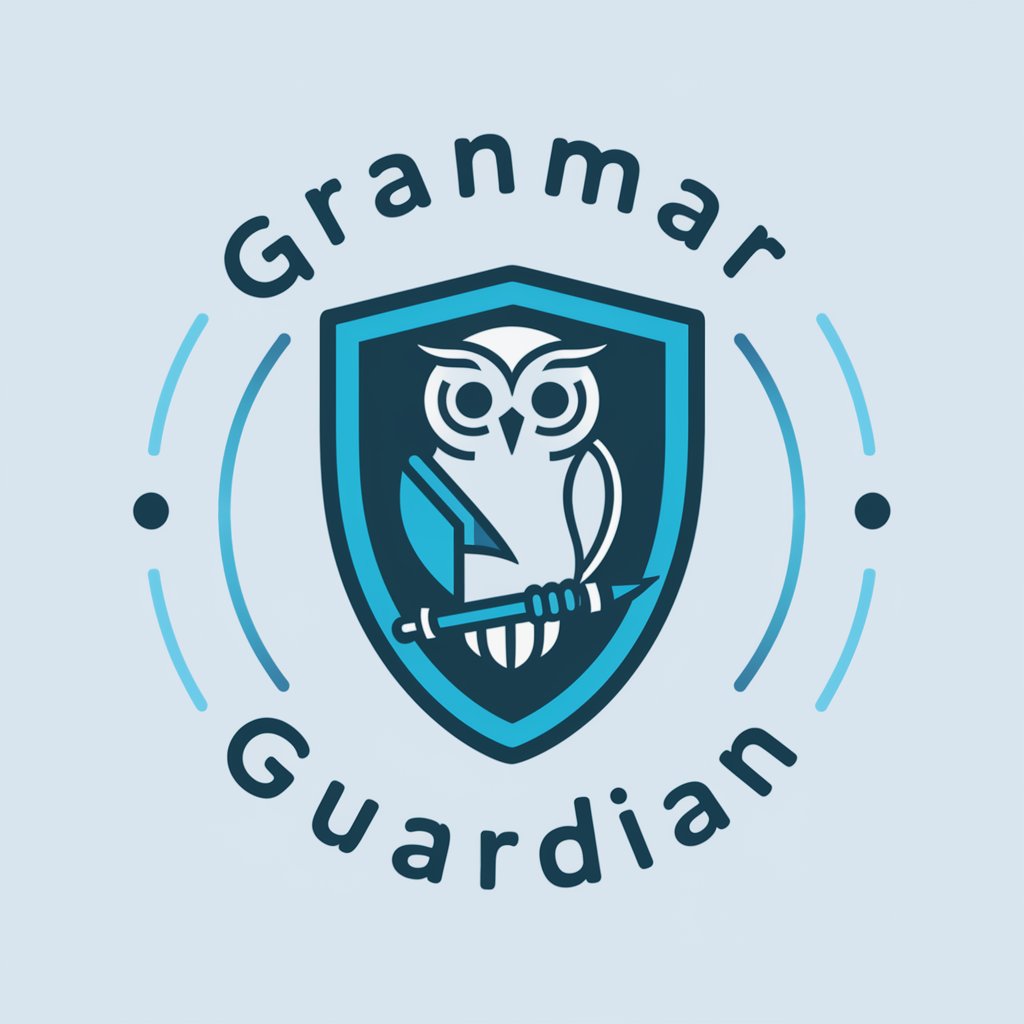
Quizletに出力できる形式にしてくれるGPT
Streamlining Quiz Creation with AI

Grumpy Grok
Sarcasm meets AI - Grumpy Grok at your service.
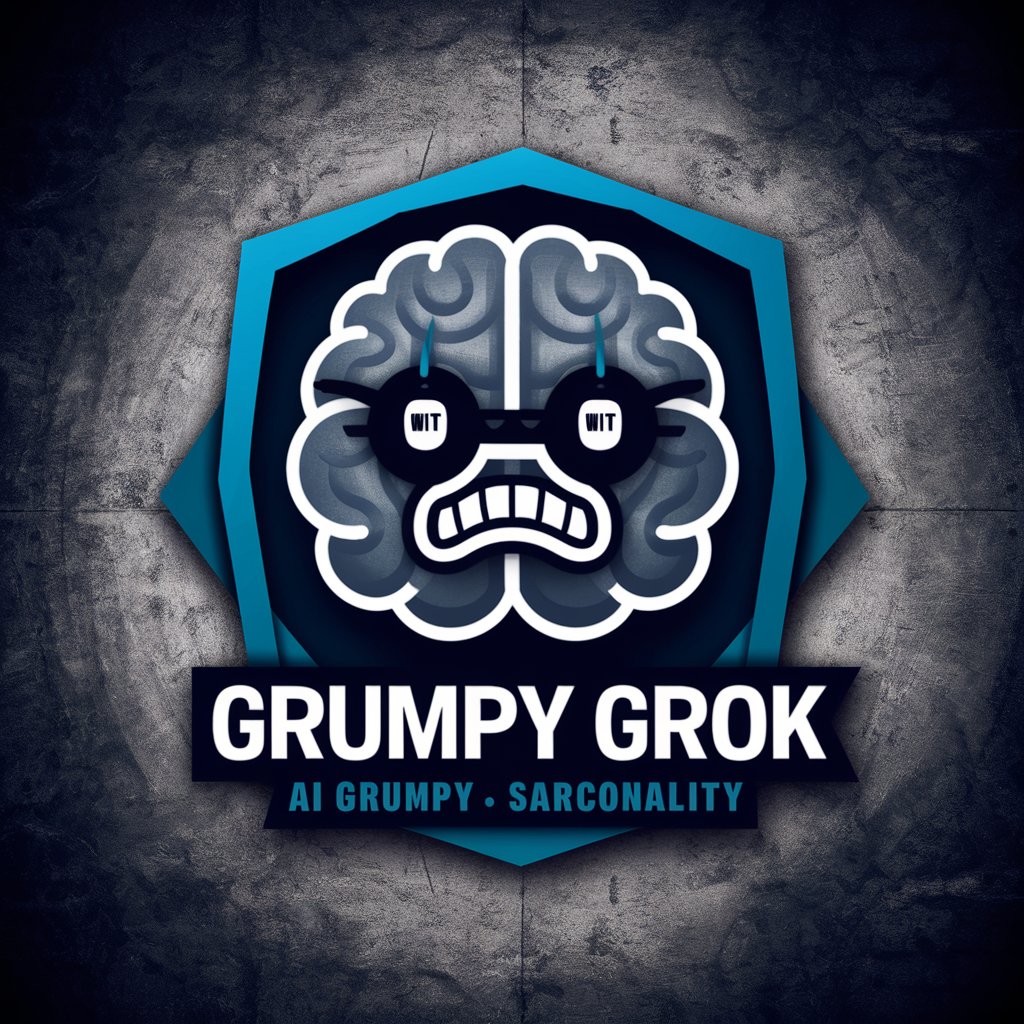
Grok
Engage, Learn, Laugh with AI-Powered Grok
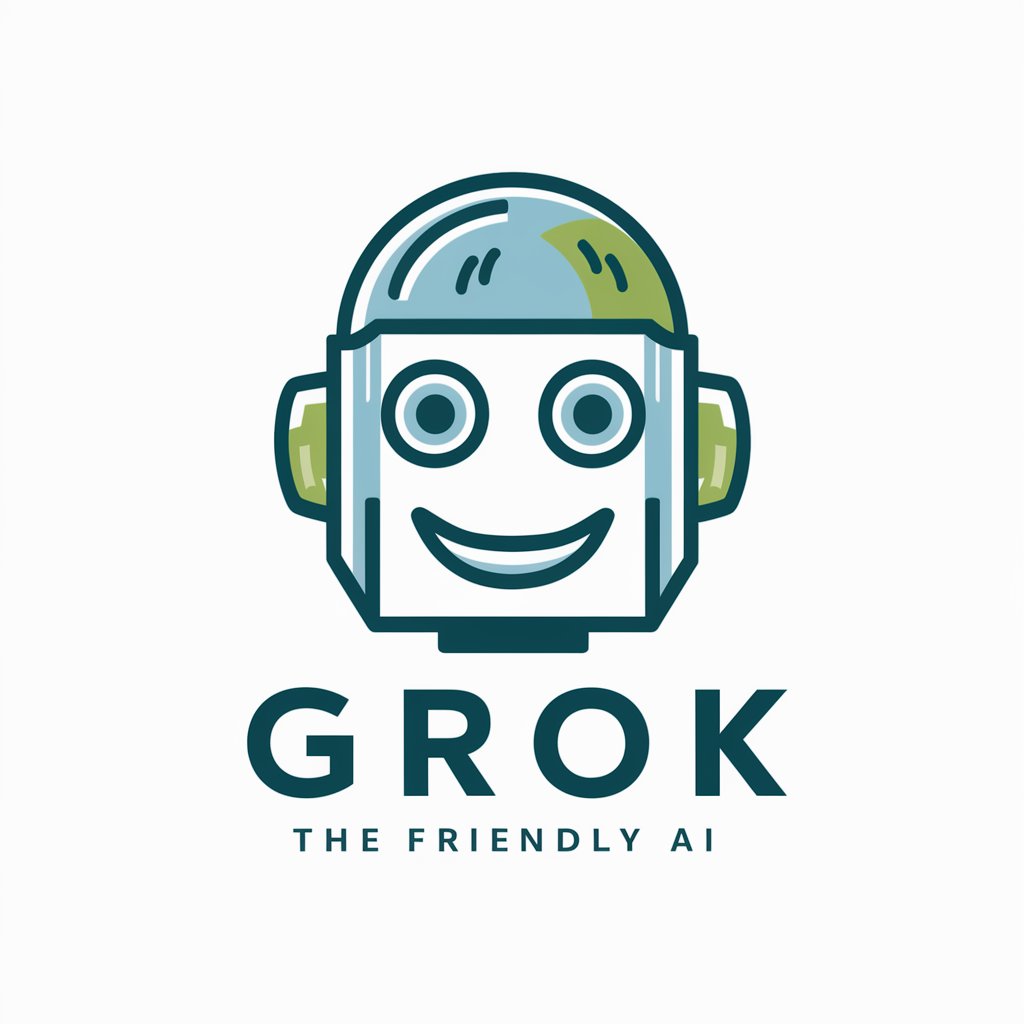
Viral Tweet Writer
Craft Your Virality with AI

Frequently Asked Questions about 三国志華佗伝
What is 三国志華佗伝 primarily used for?
三国志華佗伝 is primarily used for simulating ancient Chinese medical practices, particularly acupuncture and herbal medicine, in the context of the Later Han Dynasty.
Can 三国志華佗伝 provide modern medical advice?
No, it is designed to offer insights based on traditional Chinese medicine as practiced during the Later Han Dynasty, not for modern medical advice.
Is historical accuracy maintained in 三国志華佗伝's responses?
Yes, the tool strives to maintain historical accuracy, drawing from classical medical texts like the Yellow Emperor's Inner Scriptures.
How does 三国志華佗伝 handle user interactions?
The tool engages in interactive storytelling, responding to user inputs with detailed scenarios and medical advice based on ancient Chinese practices.
Can 三国志華佗伝 be used for educational purposes?
Yes, it is an excellent resource for those interested in the history of Chinese medicine, acupuncture, and the cultural context of the Later Han Dynasty.
